What the Heck is Neuro Priming?
We all know what mental toughness is and have likely heard various ways in which to train tennis players to do better in this realm. There are many methods and many mental coaches out there, several of whom have been featured on the ParentingAces website and podcast over the years.
In this week’s episode, Frank Giampaolo introduces his new book, Neuro Priming for Peak Performance (click here for more information), and helps us understand what exactly neuro priming is all about. I’m very intrigued by this method of getting in the mental zone before any type of stressful situation and will be interested to hear your thoughts on whether this approach could be successful with your player(s)!
As I mention in the podcast, Frank has generously offered a free copy of his Match Chart Collection for the ParentingAces audience. Click here to get yours! You can find this and all of Frank’s books on the ParentingAces website here.
If you would like to contact Frank Giampaolo, you can email him at [email protected].
Thank you for tuning into our podcast! This is the last episode for 2017, so please use the next few weeks to enjoy your time with friends and family and to catch up on any missed episodes! We have great new podcasts coming to you in 2018. Happy holidays from my family to yours!
“I’ve been friends with Frank since I was a junior. His outside the box approach to organizing the often secret mental, emotional components is ground breaking. Neuro Priming is no exception.” — Stevie Johnson, ATP Professional
“This book is going to transform the way athletes around the globe prepare for competition. It’s a must read for every athlete, parent and coach. — Johan Kriek, 2- Time Grand slam Champion
“Amazing new book! The best players intuitively learn their game then have to relearn it when things go astray. Neuro Priming For Peak Performance is a game changer.” — Peter Smith: USC Men’s Coach
The following is taken from Frank’s enewsletter, and I thought it would be of interest to my listeners/readers:
Cali Jankowski
Age Started: 9 years old
First Tournament: 10 years old
Residence: Southern California
Notable Results:
- 14’s Winter National Champion
- 14’s Intersectional National Champions Team Member
- 2 Time Henry Talbert Winner
- 16’s Intersectional National 2nd Place Team Member
- 16’s National Clay Courts 5th Place
- 16’s National Selection Winner
- 18’s Yamasaki Winner
- 18’s Mike Agassi No Quit Winner
- 18’s Ojai Winner
- 18’s National Selection Winner
- 18’s National Clay Courts 4th Place
- 18’s Stanford Eve Zimmerman/Johnson National Winner
NOTE TO THE NEXT GENERATION:
An In-depth Interview with SCTA #1 Cali Jankowski
Q: At what age did you begin your SCTA tournament career?
A: I was ten years old when I played my first ever tennis tournament. It was a small, round-robin tournament at a local high school. I didn’t come home with any hardware but definitely caught the competitive bug.
Q: Did you belong to a multi-generational tennis family or did your parents have to learn right along with you?
A: Not in the slightest! My dad played in high school and my mom played in ladies league. Neither of them had any idea what the world of competitive junior tennis was like. As a family, we were constantly learning something new about what to do and what not to do.
Q: How did they navigate the junior tennis wars?
A: It was a lot of trial and error for them. We had zero connections to the tennis world, so we had to find out for ourselves what coaches and clinics were most beneficial by trying. This meant trying a place for a few weeks and then deciding whether or not to move on or stay. My parents always had my best interest at heart and knew that there would be a good coach out there to refine my skills; it was just a matter of stumbling across that club or coach.
Q: In the 12’s, were you getting the results you believed you were capable of achieving?
A: I was awful in the 10’s and early 12’s. I didn’t win my first Open Tournament until I was 12. I believe this was because I played very differently from my opponents- I was a hard hitter. I fell in love with tennis because it was so fun to hit the ball really hard, so anytime I came across a pusher (Like in every tournament!), I would collapse mentally, and my strokes would fall apart. I don’t think I was getting the results I was capable of. While my first coach was a firm believer in making sure I stuck to my aggressive style, he never gave me the tools I needed to take down pushers/retrievers. This was my biggest downfall.
Q: What came easily to you in the 14’s… what proved more difficult?
A: I definitely started to make strides once I hit 13 or so. I was adding more dimensions to my game and adjusting my training to quality over quantity. At my peak in the 14’s, I reached about top 10 in SoCal. I was starting to understand what it took to beat any style of player. However, this mindset was very inconsistent. For me, it was difficult to maintain that high level of focus and patience for more than a few matches in a row. I finally had a massive breakthrough when I was 14; I kept my focus for an entire tournament and won the Winter Nationals, out of nowhere, as the 16 seed! This definitely gave me a huge boost of confidence.
Q: Your ranking skyrocketed in the 16’s. What were the reasons for the results?
A: In the 16’s, I started putting together a really strong arsenal of coaches and match play. This meant getting my butt kicked on a weekly basis by older boys and doing countless drills that I couldn’t stand. I became a lot more independent and began to take responsibility for my game- which I believe really helped my game. I started managing my practice schedule and training the way I wanted to train. Being in charge of my practices made me excited to practice and get better. I’ll be honest though, sometimes putting in the work wasn’t super fun, but winning several big tournaments in one year was 🙂
Q: What life skills has tennis taught you?
A: Tennis has absolutely shaped me into the person I am today. It has forced me to start thinking for myself a lot younger than the average teenager. I have also become incredibly independent when it comes to running my tennis, life, house and taking care of my dog. I also learned time management and the ability to solve problems quickly. Many of the obstacles I learned to hurdled over on the tennis court, from a young age, translated over to real life. I think any tennis player of a high level can speak on this: we are a lot more prepared for college than the average teen.
Q: Knowing then what you know now, how could you have maximized your potential at a quicker rate?
A: I wasted a lot of time from age 10 to about 13 ½. I should’ve been working smarter, not harder. Instead of hitting a ton of forehands crosscourt, I should’ve been refining my short angles, lobs, footwork and patterns. Strokes aside, I was very late to strengthening the mental aspect of my game. I would let my emotions run my game and determine the outcome of my matches. I still get frustrated on the court, but you will never ever see it translate to the next point. I have a very fiery personality that will never change, but it has definitely been harnessed.
Q: Within the 4 major components, what would you of done differently or given more attention to?
- Stroke Development
- Athleticism
- Mental
- Emotional
A: I would have worked on the mental and emotional components just as much as perfecting backswings and foot speed. I wish I could have spent more time off the court learning about how to manage my emotions and how to construct points. In my early tournament years, my frustrations on the court never stemmed from my bad grip or weird stroke, but from not knowing how to reset emotionally and actually play smart tennis.
Q: What type of specialized coaches, trainers & PT’s are part of your entourage?
A: As of right now, I work with three different coaches. With Frank Giampaolo, I work on drilling my secondary shots and refining my mental and emotional tactics and routines. I also work with a hitting coach where we almost always do live ball or point play the entire training session. He adjusts his style of play based on what I need to work on. Then, my third coach watches, coaches and directs while I spar with another player. I also do a group fitness class twice a week and once every other week get a sports massage from the same fitness trainer. I go to the gym throughout the week as well. They weren’t kidding when they say it takes a village.
Q: Did you play High School tennis all four years? Why or why not?
I enrolled in an online high school starting my freshman year. This was to ensure I could travel and train without the restrictions of a classroom from 8 a.m. to 3:30 p.m. I have never played high school tennis and have zero regrets about not doing so. High school coaches are strict about players attending all practices and matches and I feel as though hitting with girls who only pick up a racket during tennis season would’ve done nothing for my game.
Q: According to ScholarshipStats.com approximately 1% of female high school tennis players receive a FULL RIDE D-1 college tennis scholarship. What college offer did you decide to take?
A: I will be attending Arizona State University in the Fall of 2018 on a FULL RIDE.
Q: What parting advice can you share with the current crop of parents and athletes on this journey?
A: It sounds harsh but you kind of need to be selfish in this sport. Don’t feel the need to stick with a coach because you’ll hurt their feelings if you leave. If they are not working out, then move on and find something else. Same thing goes for the players themselves, don’t feel the need to keep playing when it starts to feel like a chore. Getting a little burnt out? Consider putting your rackets down for a little while and taking a break from tennis. The break will help you to determine if you love tennis and want to play again. It is virtually impossible to have good results when you aren’t enjoying it. Speaking of enjoying it, enjoy the wild ride of junior tennis. As someone who goes off to college in about nine months, I can confidently say that my junior tennis career has flown by. Best luck of luck to all the juniors and parents reading this!
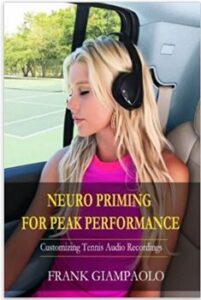


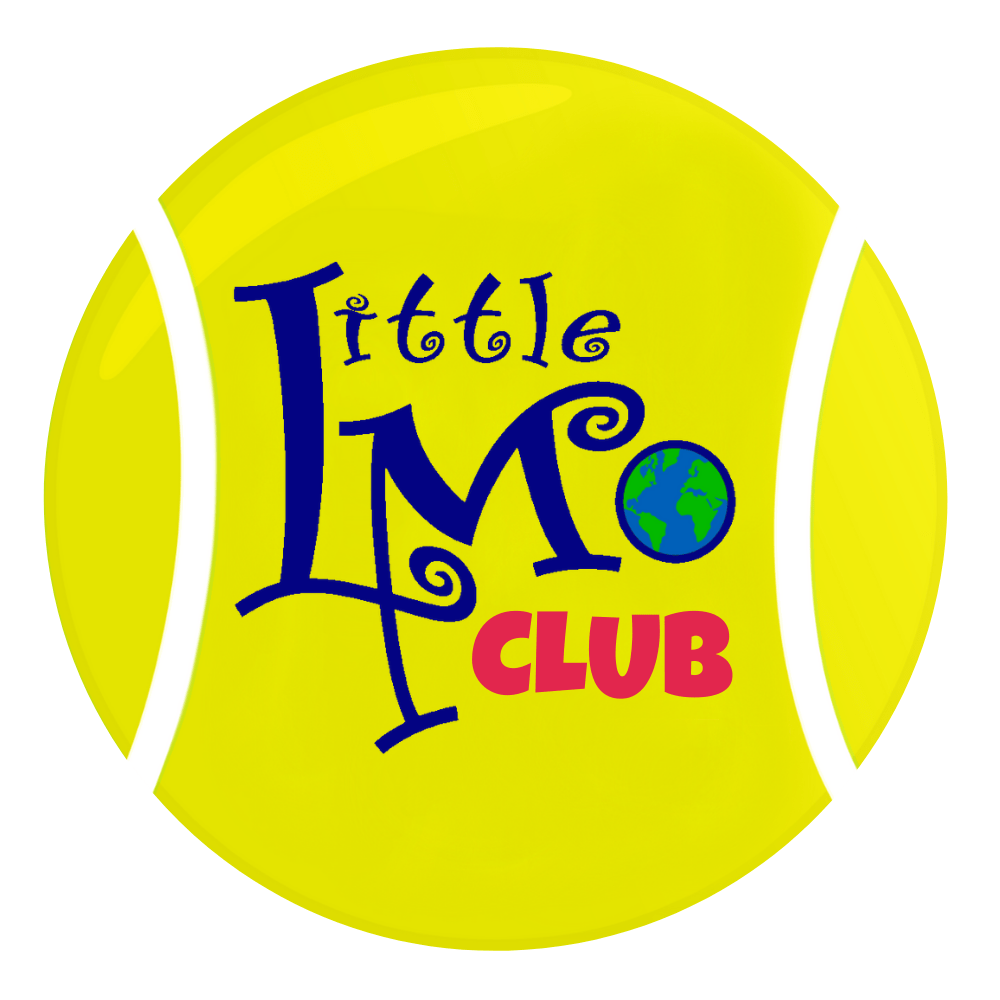
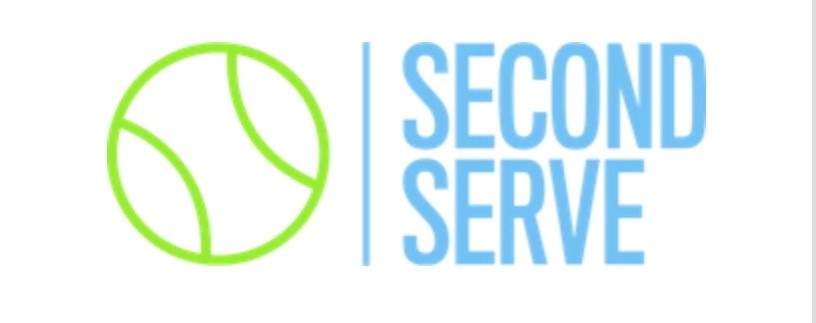
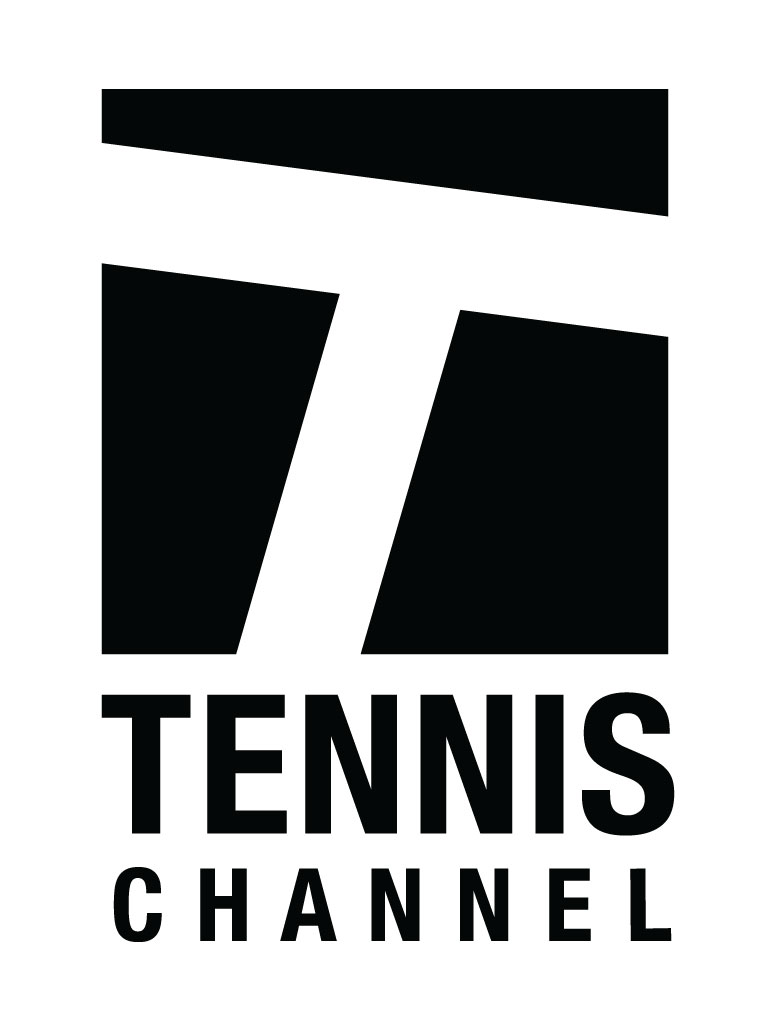







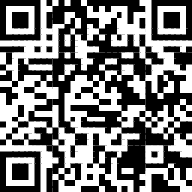
Comments are currently disabled for this post